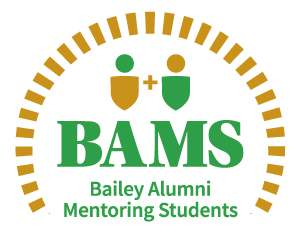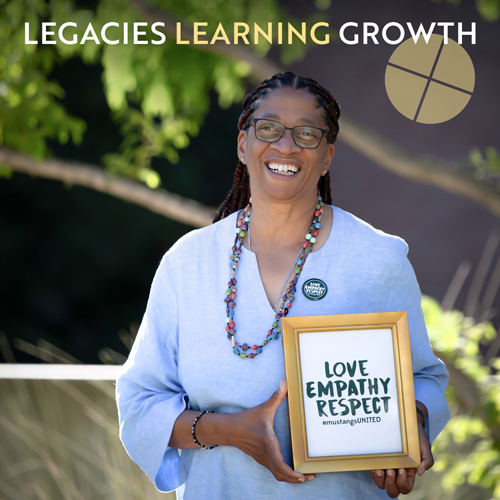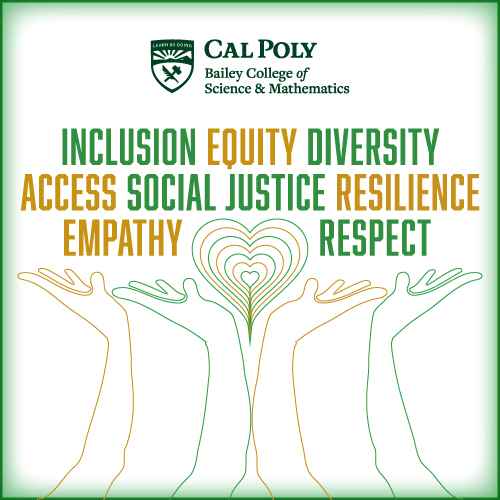Message From the Dean
 Dean Wendt in Frost Center lab. Photo by Izzy Kelly
Dean Wendt in Frost Center lab. Photo by Izzy Kelly
Dean Wendt reflects on the impacts of research
APRIL 2025
by DEAN E. WENDT
The disciplines of science, mathematics and education are among humanity's most noble endeavors. Their collective impact on society is undeniable, enriching the lives of individuals from all backgrounds and communities. The Bailey College embraces the ideals, values and practices of scholarly research. Our work is essential for advancements in human health, wellness, natural resource management, climate change response and children's education, as well as for understanding the fundamentals of nature. This foundational knowledge enables disciplines such as engineering, business and agriculture to tackle global challenges and drive innovative solutions that touch every aspect of our lives.
Another fundamental reason for engaging in research is its profound impact on student learning and growth. As students confront complex problems without immediate answers, the act of conducting research — one of the most effective forms of Learn by Doing in the Bailey College — transforms their professional trajectories and empowers them to become problem solvers and pioneers of new knowledge.
I experienced this firsthand as a student researcher at Cal Poly 35 years ago, and countless alumni and current students have shared similar sentiments. Recently, I visited Bill and Linda Frost in Montana; Bill conveyed that engaging in research as an undergrad at Cal Poly was crucial to his career success and that his research experience inspired the Frosts’ significant investment in student learning in the Bailey College.
Throughout my three decades of federally funded research, I have observed that today's discoveries often become tomorrow's solutions. It's not always clear how foundational knowledge will lead to meaningful impact. The scientific method is one of humanity's greatest inventions, generating incremental new knowledge that can ultimately enhance our daily lives. A prime example from my experience is the 1981 discovery of symbiotic bacteria in larvae of a bryozoan, an obscure marine invertebrate, that was shown to produce bioactive compounds known as bryostatin. A decade later, it was hypothesized that these symbiotic bacteria might be responsible for producing bryostatins. In 2001, it was confirmed that the bacteria are indeed the source of bryostatin, a compound shown to have potential as an anti-cancer agent and promising therapeutic potential for neurological disorders like Alzheimer's disease. This progression of knowledge illustrates that the significance of scientific investment often becomes evident only many years after fundamental discoveries.
The Bailey College affirms and champions the pursuit of both basic and applied research in science, mathematics and education. Our work distinguishes us as one of the nation's premier institutions for undergraduate research. Unforeseen discoveries in specialized studies demonstrate that even the most obscure research can lead to transformative advancements. While we cannot always predict where the next breakthrough will arise, the process of exploration inherent to research fosters extraordinary innovation.
I am proud of our collective efforts to advance knowledge and improve the lives of individuals in our community, our nation and worldwide. This remarkable impact stems from our commitment to helping students learn and connect with our disciplines and the Bailey College community through research. I invite you to enjoy this edition of Undergraduate Research, which celebrates the power of Learn by Doing and the contributions of our faculty, staff and students to the betterment of our world.
Sincerely,
Dean E. Wendt
Dean, Bailey College of Science and Mathematics






